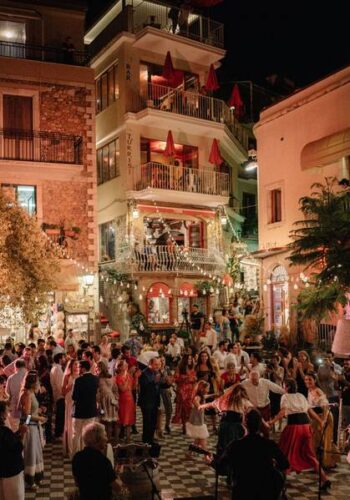Born in Catania, Giovanni Verga was a playwright, writer, and one of the most important interpreters of the veristic literary current. Verga’s verismo style is characterized by an attention to the everyday life of different social classes, with particular reference to Sicily, his motherland. Acitrezza, a small fishing village that lies on the coast of the Ciclopi (cyclops), was chosen by Verga as the perfect geographic environment for his story. Life in Acitrezza is very rural, archaic even, marked by a restricted and closed mentality but faced with the impending collision with the modern world and all its progress and contradictions that will unsettle the compact, conservative, and traditional society. The story, in fact, is set in the years immediately following the unification of Italy, and the particulars of that historical moment create the microcosm in which the Malavoglia live and will implode. The extension of the new and unified state brings to the town some elements of modernity that are welcomed with suspicion and fear from the community. Eventually these changes contribute to the social fabrics destruction and create a divide between those who refuse anything new and non-traditional, and those who are fascinated by novelty. The home, hearth and domestic refuge, is a very important place to the characters who, having suffered great family loss, are trying to get back to a place of happier memories; the house of the Nespolo (Medlar fruit). It is easy to understand the bitter and painful feelings that arise when the house is to be sold in order to pay off a debt, as it happens in the case of the Malavoglia family. The good of the family is of the highest value.






